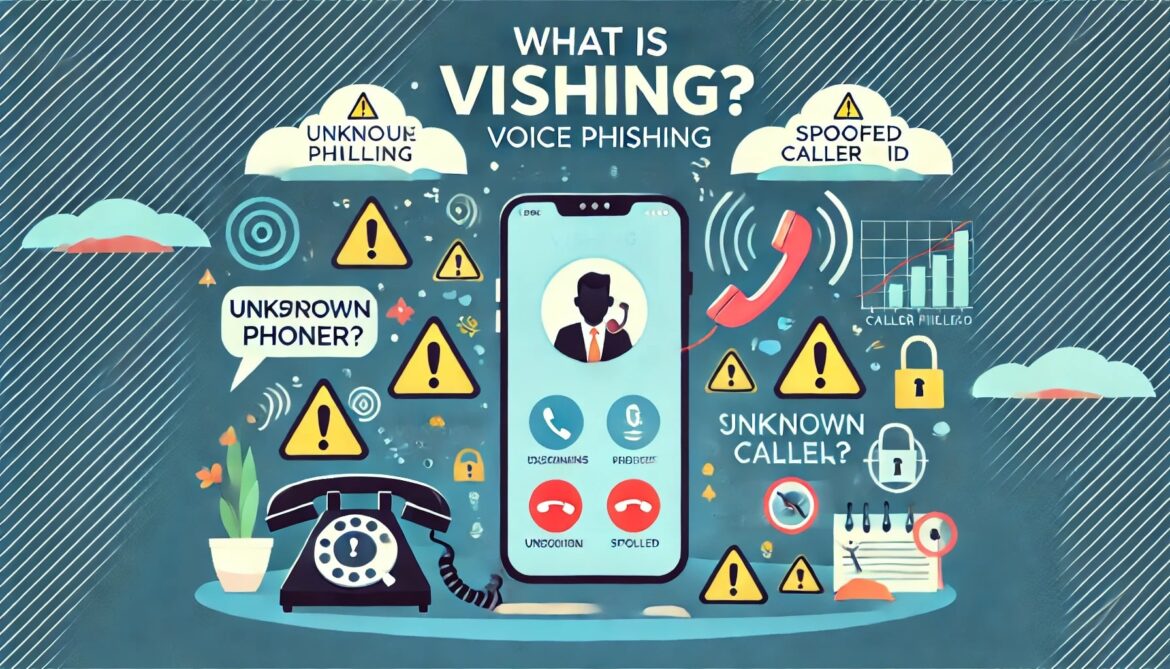Vishing is relevant in relation to scams. This is because it is a form of fraud that uses telephone calls to obtain sensitive information from victims.
What is vishing and how does it work?
Vishing is a scam that uses the telephone as its main tool to trick people into revealing personal information. The term is a combination of “voice” and “phishing,” which highlights its similarity to online phishing, but on a linguistic level. Vishing can affect anyone who owns a phone and is particularly dangerous because it relies on human interaction and trust.
- In vishing, fraudsters call their victims and pretend to be trustworthy institutions, such as banks, government agencies, or well-known companies. The aim is to trick the victim into revealing sensitive information such as credit card numbers or login details.
- Fraudsters often use techniques such as spoofing to display the phone numbers of genuine institutions. This makes the call appear authentic and increases the likelihood that the victim will fall for it.
- Vishing calls are usually very well prepared. The fraudsters often already have some information about the victim, which they use to gain trust. This can be public information from social networks or data from previous phishing attacks.
- A typical scenario in vishing is to create a sense of urgency. Fraudsters often claim that there is a security problem or an urgent matter that requires immediate attention in order to prompt the victim to act quickly.
Why is vishing so dangerous?
Vishing is not only a problem for individuals, but also for businesses. The effects of a successful vishing attack can be far-reaching, causing both financial and reputational damage. Businesses need to be aware of the threat and train their employees accordingly.
- Vishing attacks are difficult to detect because they rely on human contact and address victims directly. Many people are unaware of the danger and intuitively respond to calls that appear to come from trustworthy sources.
- Companies can suffer significant damage from vishing if employees disclose sensitive data. This can lead to financial losses, data breaches, and a loss of trust among customers.
- The psychological manipulation used in vishing often employs social influence techniques, such as creating trust or urgency, to get victims to act impulsively.
- Successful vishing can not only cause direct financial damage, but also have long-term effects by providing access to further data or systems that can be misused later.
How can you protect yourself from vishing?
To protect yourself from vishing, it is important to remain vigilant and take certain precautions. Being aware of the methods used by fraudsters and your own options for action can make a crucial difference.
- Be skeptical of unexpected calls asking for personal information. Avoid disclosing such information over the phone without being able to confirm the caller’s identity beyond doubt.
- Use technical tools such as call blockers or apps that can identify and block suspicious numbers. This can help reduce the number of potential vishing calls.
- Regularly educate yourself and your employees about the latest fraud techniques and security measures. The more informed you are, the better you can respond to a vishing attack.
- If you suspect that you have been the victim of a vishing attack, report the incident to your bank or the relevant company immediately and change all compromised passwords and access data.

